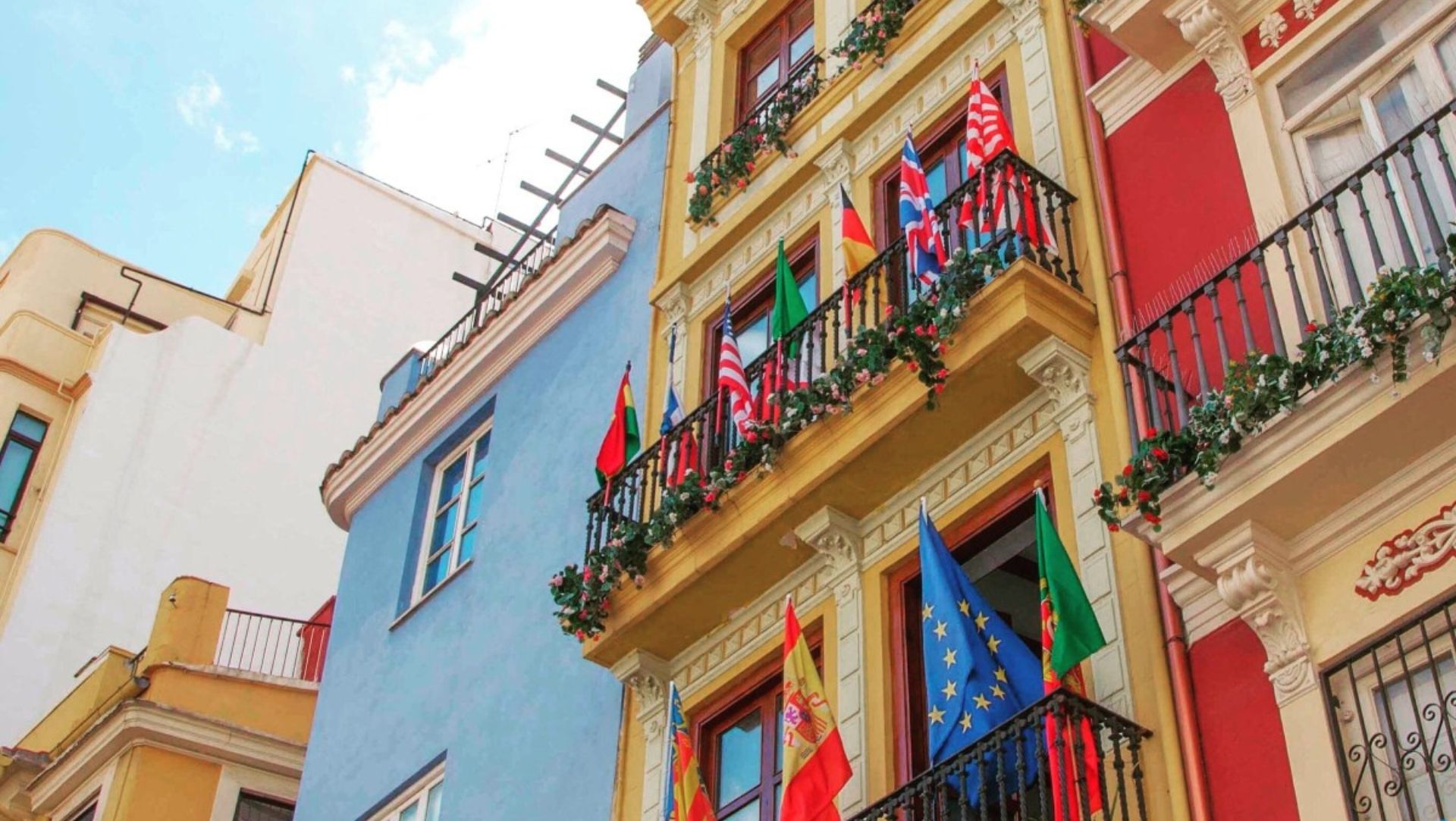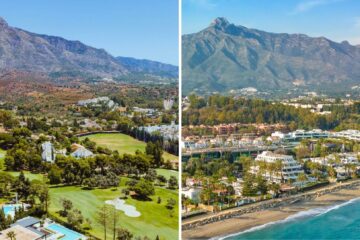Can foreigner buy property in Spain? Yes—any nationality can purchase property in Spain and register full title. In this Niche Estates guide, you’ll find a clear, step‑by‑step property purchasing process, current costs and taxes, financing options, visa pathways, and region insights for the Costa del Sol, Marbella, Canary Islands, and other hotspots in the Spanish real estate market. Whether you’re a non resident, non EU citizen, or an international buyer planning a second home or an investment property with rental income, this article will help you reduce risk, budget accurately, and buy with confidence under Spanish law.
“Spanish property remains one of Europe’s most accessible lifestyle and investment markets for foreign buyers—provided you follow due diligence and plan your tax obligations from day one.”
Quick Answer — Can a Foreigner Buy Property in Spain? (Featured Snippet)
- Yes. Foreign buyers can buy a house in Spain with no nationality‑based restrictions.
- You’ll need: a Foreigner Identification Number (NIE), a Spanish bank account, funds for the down payment and costs, and a notary to sign the purchase contract.
- Core one‑time costs: property transfer tax (resale) or VAT + stamp duty (new build), notary fees, land registry/property registration, and legal fees.
- Ongoing costs: property tax (IBI), community fees, insurance, utilities, and non resident income tax for non resident property owners.
Pro tip from Niche Estates: Start your NIE and mortgage pre‑approval early; it can shorten the entire purchasing process by several weeks.
The Spanish Real Estate Market in 2025: Snapshot and Signals

Trends, housing demand, and buyer profiles
The Spanish real estate market continues to attract international buyers seeking climate, lifestyle, and stability. Housing demand is strongest in coastal and prime urban areas thanks to resilient tourism, hybrid work, and schooling options. The real estate sector shows robust transaction volumes in the Costa del Sol and Canary Islands, where international buyers form a large share of property purchases and support liquidity even when interest rates rise.
Average price and regional differences
Average price per square meter varies by autonomous community. Madrid, Barcelona, Balearics, and Marbella command premium property price levels, while interior provinces and parts of the Costa Blanca offer better value. In Marbella, Estepona, and Benahavís, limited prime land and global demand push the average price above national levels. The Canary Islands, with their IGIC regime on new goods, see steady demand from European buyers and a mature holiday‑let market.
Interest rates and mortgage climate
After peaking in 2023, interest rates stabilized, improving affordability and mortgage uptake. Spanish banks offer mortgages to non residents with typical 60–70% LTV, and underwriting is guided by each bank’s own risk criteria, including debt‑to‑income caps and stress tests. Fixed, variable (Euribor‑linked), and mixed mortgages exist; the right choice depends on your time horizon and risk tolerance.
Who Can Buy: EU, Non‑EU, Non‑Residents, and Tax Residency

EU/EEA/Swiss citizens vs. non EU citizens
All can purchase property in Spain with equal property rights. Your legal status affects visas and time in-country, not ownership. The purchasing process is the same, although document requirements and mortgage terms may vary by profile.
Non residents vs. tax resident
A non resident spends fewer than 183 days in Spain and typically has their economic center elsewhere. A tax resident crosses that threshold (or meets other criteria) and must declare worldwide income in Spain. This distinction impacts how you pay taxes, but not your right to buy property in Spain.
Visas and residence permits
- Golden Visa (property route): Historically granted a residence permit for qualifying real estate investment (from €500,000 unencumbered). The government has announced reforms; check the current status before relying on it.
- Non Lucrative Visa: For those not working in Spain; requires proof of means and private health insurance. Owning a house in Spain can strengthen your application but isn’t mandatory.
- Other permits: Work, student, and digital‑nomad pathways exist. A residence permit can affect tax residency but doesn’t change property ownership rules.
Step‑by‑Step Property Purchasing Process (From Search to Keys)

Step 1 — Define goals, region, and budget
Clarify whether you want a primary home, holiday base, or investment property. This shapes area choices from Marbella’s golf‑and‑beach lifestyle to the Canary Islands’ year‑round seasonality. Build a realistic budget including the purchase price and 8–13.5% in acquisition costs depending on whether you buy resale (ITP) or new‑build (VAT + stamp duty) and the autonomous community.
Step 2 — Obtain your NIE (Foreigner Identification Number)
The NIE is required for property transactions, paying taxes, utilities, and bank compliance. Apply at a Spanish consulate abroad or at a Policía Nacional station in Spain. Processing can take 1–6 weeks. Niche Estates can coordinate your application with trusted administrators so the buying process stays on track.
Step 3 — Open a Spanish bank account
A Spanish bank account simplifies reservation payments, notary day bank drafts, community fees, and tax payments. Spanish banks usually request a passport, proof of address, income evidence, and source‑of‑funds documentation. Compare fees; non residents often face maintenance charges that vary by bank.
Step 4 — Choose financing or cash
Spanish banks offer mortgages to non residents at 60–70% LTV, commonly with Euribor‑linked rates plus a margin. Expect lenders to assess your income stability, credit history, and total debts using their own risk criteria and stress tests at higher interest rates. Cash buyers should still plan early for compliance on source‑of‑funds to avoid delays at completion.
Step 5 — Build your team: real estate agent + property lawyer
Select a buyer‑focused real estate agency for access to on‑ and off‑market stock and price context by micro‑location. Hire an independent property lawyer to manage legal procedures, review contracts, and run due diligence. The notary formalizes the deed, but your lawyer protects your interests throughout the entire process.
Step 6 — Search, viewings, and early checks
During viewings, request the latest nota simple (from the property registry) and ask about planning permissions, tourist rental licensing, and any unregistered works. Review the last IBI (real estate tax) receipt and a certificate from the community administrator to confirm there are no outstanding debts that could transfer with the property.
Step 7 — Reservation agreement (reservation contract)
A short document and fee (often €3,000–€10,000) takes the property off the market while contracts are drafted. Ensure refund terms are clear, especially if you rely on mortgage approval or specific legal requirements.
Step 8 — Private purchase contract (Contrato de Arras)
The most common form is arras penitenciales with a 10% deposit. If a buyer defaults, the deposit is forfeited; if a seller defaults, they usually return double. Include deadlines, inclusions (furnishings, fixtures), financing contingencies, and penalties to keep the timeline realistic.
Step 9 — Due diligence and valuation
Your lawyer checks the land registry for liens, embargoes, easements, mortgages, and verifies the seller’s capacity. They also confirm building licenses, habitability/energy certificates, and community statutes. A lender‑ordered valuation (tasación) is mandatory for mortgages; cash buyers benefit from an appraisal to benchmark the property’s purchase price.
Step 10 — Notary day: signing the escritura
At the notary, parties sign the public deed, identities are verified, and certified bank drafts are exchanged from your Spanish bank account. The notary confirms legality under Spanish law, reads key clauses, and ensures taxes will be paid. Bring passport, NIE, bank drafts, and any powers of attorney if signing remotely.
Step 11 — Property registration
After completion, your deed is submitted to the land registry for property registration, securing your title. Registration typically takes 2–6 weeks. Your lawyer or a gestor files taxes (ITP or AJD/IVA) and manages registration to finalize the legal transfer.
Step 12 — Post‑completion checklist
Transfer utilities, set up direct debits for IBI and community fees, arrange home insurance, and notify the town hall if required. If you plan to let the property, apply for the correct license and comply with local regulations on tourist rentals.
The Costs of Buying Property in Spain (One‑Time and Ongoing)

One‑time acquisition costs
- Resale properties: Property transfer tax (ITP). In Andalusia (Marbella, Costa del Sol), the general rate is 7% (as of 2024–2025). Other regions apply progressive scales.
- New‑builds: VAT (IVA) at 10% on residential (IGIC 6.5% in the Canary Islands) plus stamp duty (AJD) of roughly 0.5–1.5% depending on autonomous community.
- Notary fees: Approximately €600–€1,200 depending on the property’s purchase price and deed length.
- Land registry and property registration: Roughly €400–€1,000.
- Legal fees: Commonly 0.8–1.5% of the purchase price with minimums.
- Agency fees: Typically paid by the seller on resales; for new‑builds, developer pricing includes commissions.
- Mortgage costs: Valuation €300–€700; arrangement fee 0–1.5%. Under recent rules, lenders usually cover notary/registry/AJD of the mortgage deed.
Ongoing ownership costs
- Property tax (IBI): Municipal real estate tax based on cadastral value (often 0.4–1.1% per year).
- Community fees: Cover shared services (gardens, pools, lifts, security). Ranges from €60 to €600+ per month depending on amenities and building scale.
- Insurance, utilities, and maintenance: Villas generally cost more to maintain than apartments.
- Non resident income tax: If not renting, an imputed income applies; if renting, declare net or gross rental income depending on your tax residency in the EU/EEA.
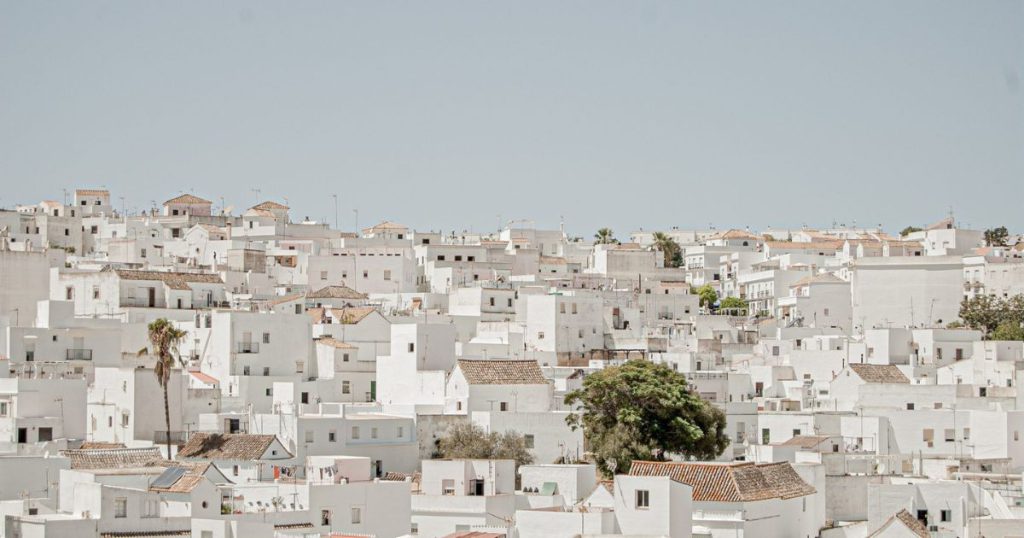
Example acquisition cost scenarios (Andalusia, illustrative)
| Scenario | Purchase Price | Type | Main Taxes | Other Costs (approx.) | Estimated Total |
|---|---|---|---|---|---|
| A | €250,000 | Resale | ITP 7% = €17,500 | Notary/Registry €1,500; Legal 1% €2,500; Valuation €500 | €22,000–€23,000 |
| B | €500,000 | Resale | ITP 7% = €35,000 | Notary/Registry €1,800; Legal 1% €5,000; Valuation €600 | €42,000–€44,000 |
| C | €500,000 | New‑build | IVA 10% €50,000 + AJD 1.2% €6,000 (approx.) | Notary/Registry €1,800; Legal 1% €5,000 | €62,000–€64,000 |
Note: Rates vary by autonomous community. In the Canary Islands, IGIC replaces IVA on new builds. Always confirm current rates before you purchase property.
Taxes for Non Residents and Tax Residents
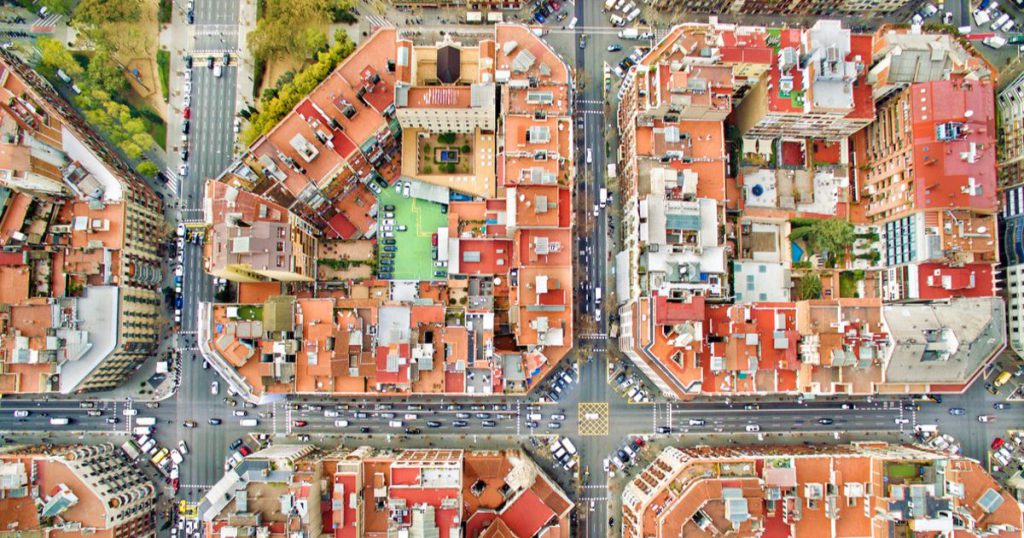
Annual obligations for non resident property owners
- Imputed income (no rental): Non resident income tax on a deemed base tied to cadastral value (1.1%–2.0% multiplier), taxed at the non‑resident rate.
- Rental income: EU/EEA residents are typically taxed at 19% on net income after eligible expenses; non‑EEA often at 24% on gross. File Modelo 210 quarterly and keep invoices.
- Wealth tax and solidarity tax: Regional wealth tax rules vary; Andalusia and Madrid offer rebates, but Spain’s temporary solidarity tax may apply to net wealth over specific thresholds. Review annually.
If you rent out the property
Short‑term rentals may need a tourist license; some cities or buildings restrict them under local laws and community statutes. Eligible expenses often include interest, IBI, community fees, insurance, maintenance, utilities, and agency/management fees. Track everything through your bank account for audit trails and to accurately pay taxes.
When you sell
- Capital gains tax (CGT): Non residents generally pay 19% on gains; residents pay progressive rates. Buyers must withhold 3% of the purchase price from a non resident seller on completion, credited against the seller’s final capital gains tax.
- Plusvalía municipal: Local tax on the increase in land value. Since 2021 reforms, you may choose the calculation that yields a lower liability.
Becoming a tax resident
Crossing 183 days or moving your economic center to Spain may make you a tax resident, requiring declaration of worldwide income and assets under Spanish law. Double tax treaties can mitigate exposure. Discuss tax implications with a cross‑border advisor before your status changes.
Legal Requirements, Local Regulations, and Due Diligence
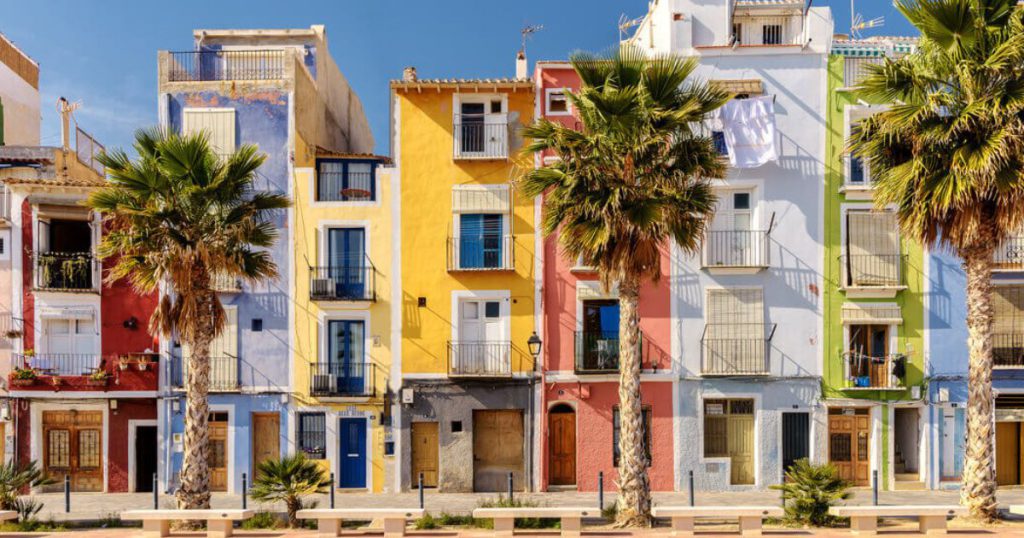
Title checks, liens, and outstanding debts
Order a nota simple from the property registry to confirm the owner, description, charges, and any encumbrances. Ask the community administrator for a certificate confirming no arrears on community fees. Review the latest IBI and utility receipts to avoid inheriting outstanding debts that could complicate property transactions post‑completion.
Local regulations and licenses
Tourist rental rules are set by autonomous communities and municipalities, with licensing caps in some saturated zones. Energy performance certificates are mandatory for sale and rental, and habitability/cédula may apply depending on region. For rustic or coastal properties, check protections and setbacks carefully.
New‑build and off‑plan
Ensure developer bank guarantees cover each stage payment, verify building permits, and scrutinize delivery timelines and materials. A snagging list before key handover helps document defects for remedy.
Notary vs. property lawyer
The notary certifies the deed and identity compliance, but does not perform full due diligence. Your property lawyer handles legal procedures, negotiates clauses in the purchase contract, and ensures your interests are protected through the entire process.
Financing for Foreign Buyers (Mortgages and Alternatives)

Can Spanish banks offer mortgages to non residents?
Yes. Many Spanish banks offer mortgages to non residents at 60–70% LTV with terms up to 20–30 years. Pricing is typically Euribor plus a margin, or a fixed/mixed rate. Some profiles may require higher down payments based on the bank’s own risk criteria.
Documents and approval
Expect to provide a passport, NIE, recent bank statements, income proofs (payslips or audited accounts), tax returns, credit reports, and a source‑of‑funds explanation. The bank will order a valuation and apply debt‑to‑income limits, often capping housing costs around 30–35% of gross income.
Currency, payment timing, and FX risk
If your income is in another currency, consider hedging to stabilize the property’s purchase price in your home currency. Use your Spanish bank account for completion to ensure smooth issuance of bank drafts and to pay taxes on time.
Alternatives to bank financing
Developer finance and international private banks can bridge gaps but require strict legal review. Some buyers leverage equity in their home country to fund the down payment and then refinance locally if conditions improve.
Where to Buy: Regions, Lifestyles, and Investment Angles
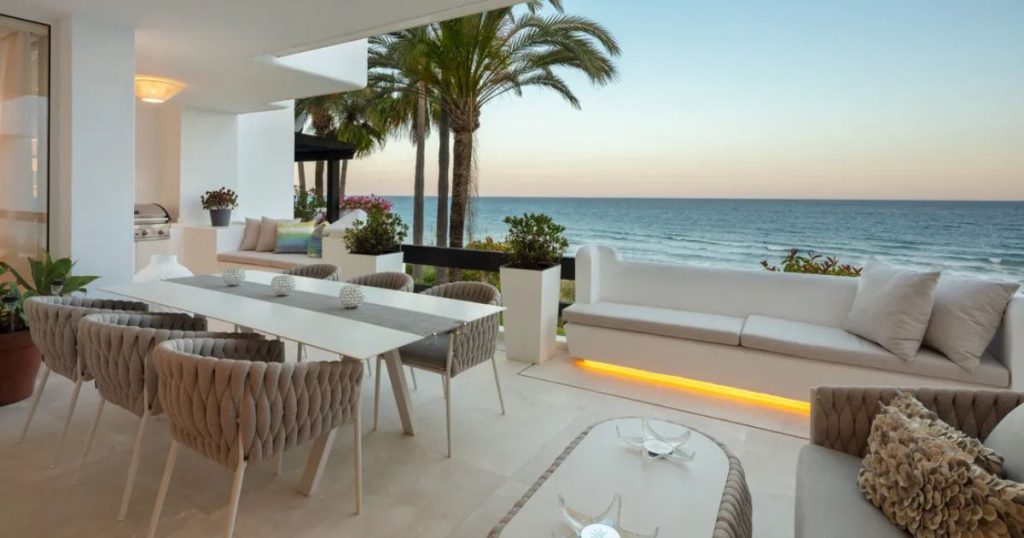
Lifestyle hotspots
- Costa del Sol (Marbella, Estepona, Benahavís): International schools, golf, marinas, and year‑round amenities; flagship market for luxury Spanish real estate.
- Canary Islands: Warm winters, mature holiday‑let infrastructure, and IGIC tax environment—ideal for seasonal stays and diversified rental income (check local regulations).
- Madrid/Barcelona/Valencia: Strong culture, connectivity, and diversified tenant pools for long‑term rentals.
- Costa Blanca/Balearics: Beach lifestyle with varied price points and steady international buyers.
Investment property focus
Assess housing demand, tourist seasonality, average price per sqm, and community rules. Rental licensing is mission‑critical; a building or town hall ban can change your yield assumptions overnight. Long‑term rentals bring stability, while short‑term lets can produce higher gross returns with higher management and compliance needs.
Timeline: How Long the Entire Process Takes
| Milestone | Typical Duration |
|---|---|
| NIE (Foreigner Identification No.) | 1–6 weeks |
| Mortgage pre‑approval | 2–4 weeks |
| Search and offers | 1–8+ weeks |
| Reservation to private contract | 1–3 weeks |
| Due diligence and valuation | 2–4 weeks |
| Notary completion | 6–12+ weeks from offer |
| Registration and post‑completion | 2–6 weeks |
Fast‑track tips: Prepare documents in advance, grant power of attorney if you cannot travel, and set achievable deadlines in the purchase contract to avoid last‑minute stress.
Document Checklist for Foreign Buyers

- Identity & legal: Passport, NIE, marital status docs (if applicable), proof of address.
- Financial: Recent bank statements, income proofs, tax returns, source‑of‑funds letter, Spanish bank account details.
- Property‑specific: Nota simple, cadastral reference, latest IBI receipt, community fee certificate, energy certificate, habitation certificate if required, latest utility bills, and valuation report.
Cost & Tax “Mini‑Calculator” (How to Estimate Quickly)
- Inputs: Region/autonomous community, property type (resale vs. new‑build), property price, mortgage yes/no, and your residency status.
- Rules of thumb (Andalusia 2025):
- Resale: ~8–10% on top of price (ITP 7% + notary/registry/legal).
- New‑build: ~12–13.5% (IVA 10% + AJD ~1.2% + fees).
- Annual: IBI + community fees + insurance + non resident income tax if not a tax resident.
Always confirm current rates for property transfer tax, stamp duty, and any changes to wealth tax or solidarity measures.
FAQs About Buying Property in Spain

Can foreigner buy property in Spain without a visa?
Yes. Ownership is allowed regardless of visa status. A visa affects how long you can stay, not your right to own property in Spain.
Do I need a Spanish bank account to buy?
It’s strongly recommended. A Spanish bank account simplifies tax payments, community fees, mortgage drafts, and utilities. Some completions are possible without one, but complexity and bank compliance risk rise.
How much is property transfer tax?
It depends on the autonomous community. Andalusia’s general ITP is 7% for resales. Other regions use progressive bands that can reach 10% or more.
What are typical notary fees and legal fees?
Notary and land registry combined often total €1,000–€2,000. Legal fees for a property lawyer are commonly 0.8–1.5% of the purchase price.
How big is the down payment for non residents?
Plan for roughly 30–40% cash if mortgaging at 60–70% LTV, plus acquisition costs. At the private purchase stage, a 10% deposit (arras) is standard.
Can non EU citizens buy in the Costa del Sol and Canary Islands?
Yes. Non EU citizens can purchase in all regions, including Marbella and the Canary Islands.
How do I pay taxes on rental income?
Non residents file Modelo 210 quarterly. EU/EEA owners typically pay 19% on net income after eligible deductions; non‑EEA often pay 24% on gross. Keep records and invoices to pay taxes correctly.
What’s the capital gains tax when I sell?
Non residents generally pay 19% on gains. Buyers withhold 3% of the purchase price at completion against your final CGT settlement.
How do I check the land registry for outstanding debts?
Request a nota simple from the Registro de la Propiedad and a certificate from the community administrator. Your lawyer will handle both checks.
Can I buy remotely with power of attorney?
Yes. Many international buyers complete the entire purchasing process via power of attorney, including NIE, banking, and notary signature coordination.
How Niche Estates Helps You Buy Safely in Marbella and the Costa del Sol

- Market intelligence: Real‑time pricing, micro‑location insights, and access to on‑ and off‑market Spanish property across Marbella, Estepona, and Benahavís.
- Buyer representation: We negotiate terms, structure reservation agreements, and draft protective clauses in the purchase contract.
- Legal coordination: We work with top property lawyers and notaries to manage legal procedures, due diligence, and registration at the land registry.
- Financing solutions: Introductions to Spanish banks that offer mortgages to non residents, comparing interest rates, features, and conditions.
- Risk control: Early checks for licenses, planning compliance, community rules, and any outstanding debts that could impact your investment.
- Aftercare & rentals: Utility changes, community onboarding, insurance setup, and guidance to license your rental income legally under local laws.
Contact Niche Estates to begin your search or request a private consultation: we’ll map your entire process—from first viewing to keys—in clear steps and help you purchase property aligned with your lifestyle and returns.
Useful Links and Sources (Authority)
- Agencia Tributaria (Tax Agency): ITP/IVA/AJD, non resident income tax, capital gains tax — https://sede.agenciatributaria.gob.es
- Registro de la Propiedad (Colegio de Registradores): property/land registry — https://www.registradores.org
- Consejo General del Notariado: notaries in Spain — https://www.notariado.org
- Ministry of Inclusion, Social Security and Migration (residence permit info) — https://extranjeros.inclusion.gob.es
- Junta de Andalucía (regional tax updates) — https://www.juntadeandalucia.es
- Canary Islands Tax Agency (IGIC) — https://www.gobiernodecanarias.org/tributos
Niche Estates resources:
- Best Places to Buy in Spain
- How to Buy a House in Spain from USA
- Essential Guide to Rent to Own Spain
Conclusion: Yes, Foreign Buyers Can Purchase Property in Spain

Can foreigner buy property in Spain? Absolutely. With an NIE, a Spanish bank account, and a trusted team, the buying process is straightforward and secure. Budget carefully for property transfer tax or VAT and stamp duty, notary fees, land registry, and legal fees, and plan your ongoing costs and tax implications such as IBI, community fees, rental income taxation, and potential wealth tax. Niche Estates specializes in guiding non residents and international buyers through the entire process in Marbella and the Costa del Sol—from reservation contract and due diligence to notary and property registration—so you can purchase property with clarity and confidence. Speak to our team today and take the first step toward owning your ideal Spanish property.
Disclaimer: This guide is for information only and does not constitute legal or tax advice. Laws, local regulations, and tax rates can change by autonomous community. Always verify current rules and consult qualified professionals before you buy.


